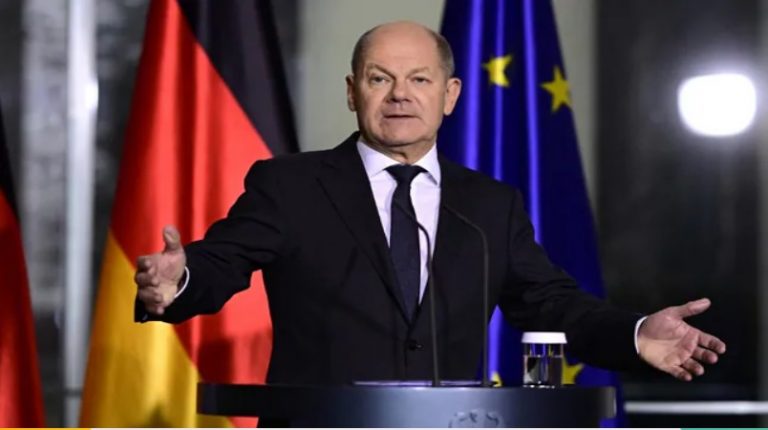
The COP29 World Climate Conference, held in Azerbaijan, concluded with mixed feelings. The German government, in the aftermath of what many considered a disappointing summit, has chosen to focus on the positives and the potential for future progress.
Despite the underwhelming results, Germany’s Development Minister Svenja Schulze emphasized that the conference’s outcomes are not a cause for celebration but rather a steppingstone for increased global responsibility. The summit, which was extended by 30 hours, managed to reach a compromise, albeit one that left several countries dissatisfied.
Nigeria’s representative notably criticized the financial commitments made by industrialized countries, labeling the proposed $300 billion annual aid until 2035 as insufficient and insulting. In contrast, Germany sees this as an opportunity for a broader coalition of countries to share the responsibility of combating climate change.
Register for Tekedia Mini-MBA edition 19 (Feb 9 – May 2, 2026): big discounts for early bird.
Tekedia AI in Business Masterclass opens registrations.
Join Tekedia Capital Syndicate and co-invest in great global startups.
Register for Tekedia AI Lab: From Technical Design to Deployment (next edition begins Jan 24 2026).
The German government is also looking towards the private sector to play a significant role in this global effort. The new target of $1.3 trillion annually through 2035 to assist poorer countries in their fight against climate change is ambitious. It relies on creating favorable conditions for investment, government incentives, and fair international cooperation.
Economy Minister Robert Habeck highlighted the success of the negotiations at the UN level and the adoption of solid rules for carbon markets under the Paris Agreement. This development is seen as a victory for renewable energies and the climate-neutral transformation, even in the face of resistance from oil-rich nations like Saudi Arabia.
The Berlin Senate has also been proactive in addressing climate action at the local level. Following recommendations from a citizens’ assembly, the Senate adopted a majority of the proposed measures into the city’s energy and climate protection program.
German Foreign Minister Annalena Baerbock’s commendation of the accord highlights the European Union’s acknowledgment of its environmental duties and the collective effort to address climate change. The agreement, which involves additional financial aid for less affluent nations, has been met with mixed reactions. While some criticize it as insufficient, others view it as a progressive step towards a more responsible and sustainable future. The EU’s commitment to providing $300 billion annually through 2035 is a testament to its dedication to this global cause.
Baerbock’s statement at the conference emphasized the importance of not only financial support but also concrete measures to maintain the path to limiting global warming to 1.5 degrees Celsius. This dual approach underscores the necessity of balancing economic assistance with tangible actions to reduce greenhouse gas emissions.
The EU’s stance at COP29 reflects a clear understanding of its historical responsibility and a willingness to lead by example. The focus on scaling up finance for developing countries to combat climate change is a crucial aspect of the agreement. It represents a new era in climate finance, aiming to bridge the gap between developed and developing nations in the fight against global warming.
As the world grapples with the challenges of climate change, the outcomes of COP29 serve as a reminder of the urgent need for collaborative action. The EU’s role in this accord demonstrates a commitment to not just acknowledging responsibilities but actively working towards solutions that benefit all nations involved.
While the climate summit may not have delivered all the desired results, it has set the stage for future negotiations and actions. The commitment to channel funds into climate-friendly initiatives and the establishment of rules for carbon markets are steps in the right direction. The challenge now lies in ensuring these commitments translate into tangible actions that effectively combat climate change.



